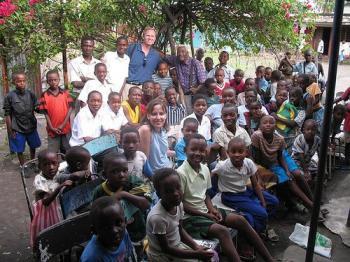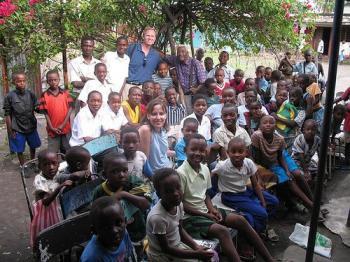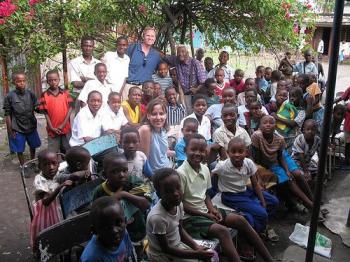When Xavier Helgesen decided to sell some used textbooks online in 2001, the new grad from University of Notre Dame found success and inspiration that would blossom into a multimillion-dollar business with a mission to promote literacy worldwide.
The business is Better World Books (BWB), an online bookseller and a triple-bottom-line company that cares about profit not only in the economic sense but also with social and environmental good built in.
“Our vision is that we can be a more profitable company by trying to set very high standards in social and environmental performance, as long as we do those smartly,” said Mr. Helgesen, who co-founded BWB with fellow Notre Dame graduates Christopher “Kreece” Fuchs and Jeff Kurtzman.
BWB collects donated, resalable used books through book drives and library discards and donations programs.
It sells both used and new books to grow its business, help libraries raise money, and help charities fund literacy programs in the U.S. and abroad.
The company redistributes or recycles books that it can’t sell, and buys carbon offsets through an organization called Carbonfund.org to offset pollution from shipping.
With two million used books and additional new titles in its selection, the award-winning U.S.-based social enterprise is now shipping thousands of books to Canada for a cheap flat rate of US$3.97.
“The kind of charitable spirit in Canada, people are very, very open to this idea so our book drives are usually really successful and we get a lot of high-quality books,” Mr. Helgesen said.






